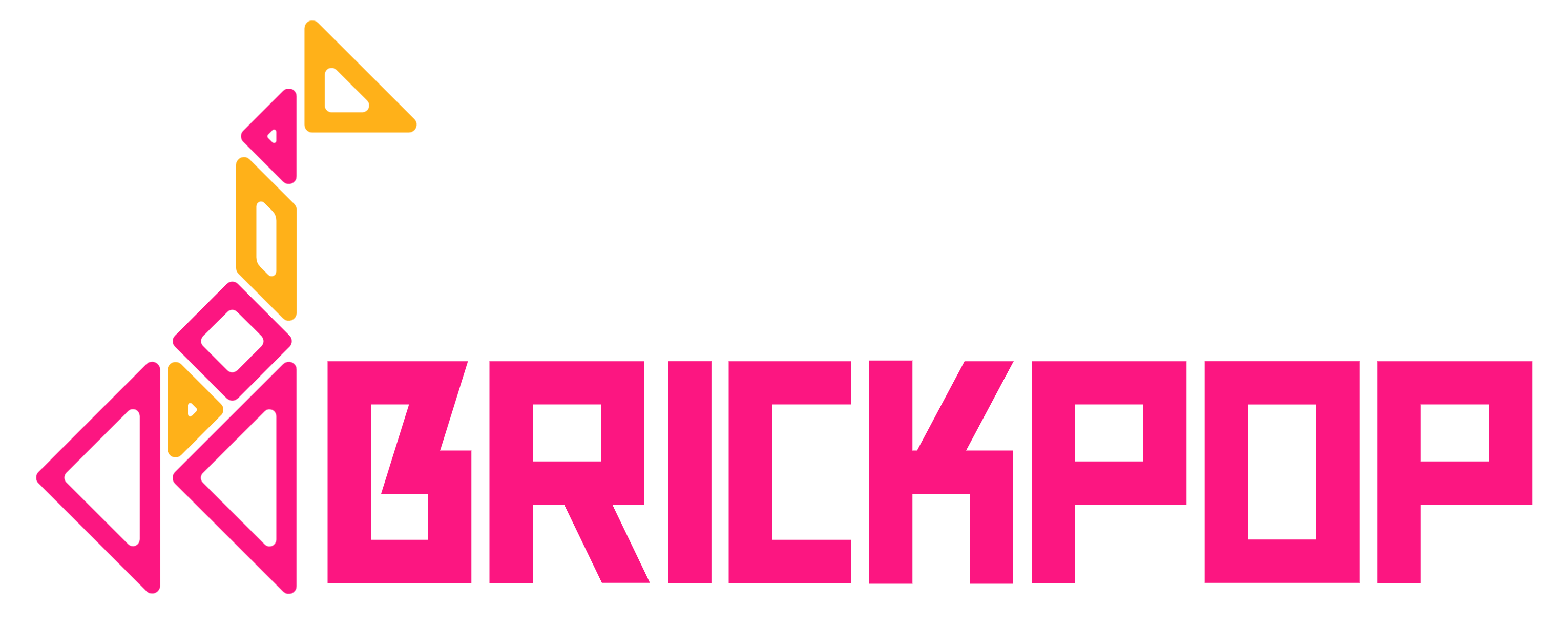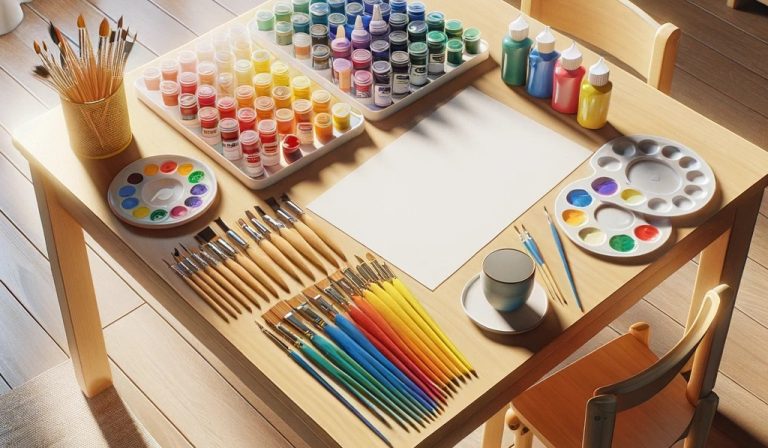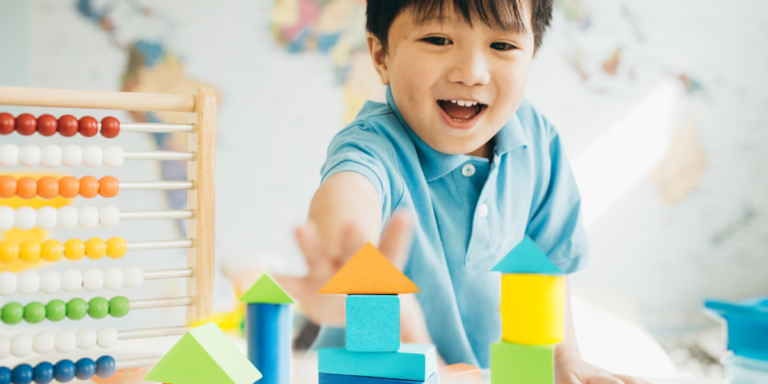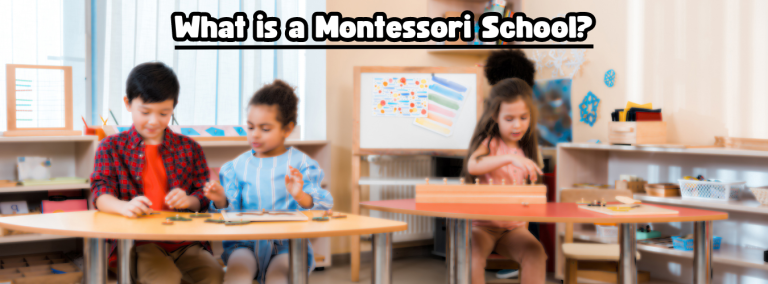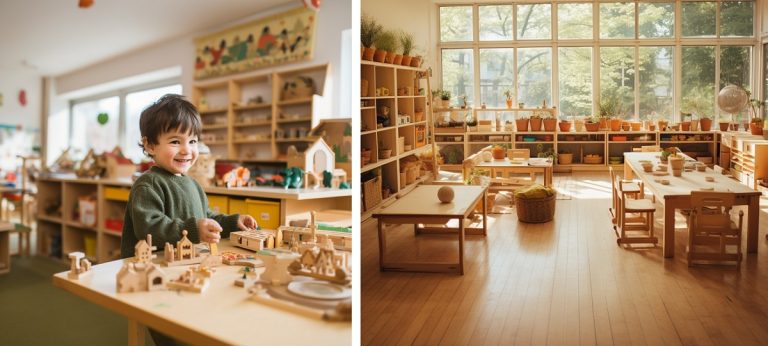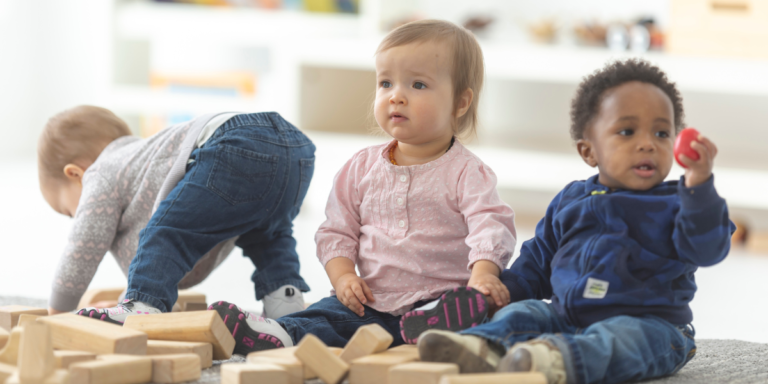12 Best Educational Toys for Preschoolers 2023
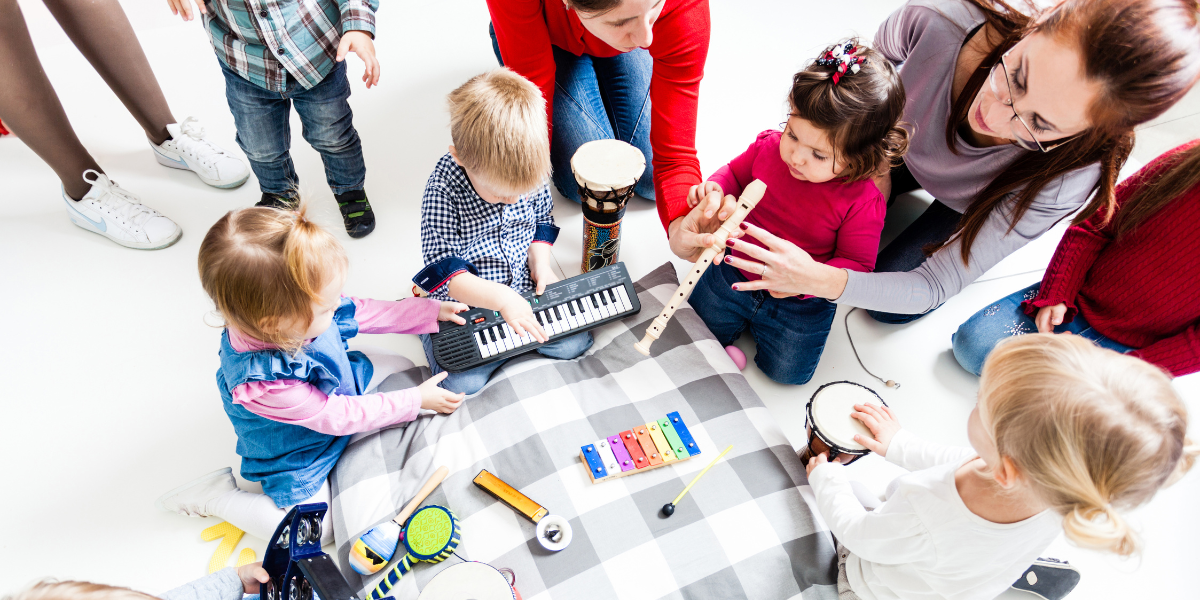
As parents and educators, we all want the best for our preschoolers. And while we know that play is an essential part of their growth and development, it’s also incredibly important to provide educational toys that help them learn and grow in key areas. When kids enter preschool, you want to get them toys that will help them grow key skills.
From building blocks to puzzles, we’ll explore some of the best toys available to help your little one develop important skills such as math, language, problem-solving, and more. I will go over some of the top-rated educational preschool toys.
6 Popular Types of Educational Preschool Toys
1. Blocks and Building Toys
Building blocks and other construction toys help develop fine motor skills, hand-eye coordination, and early STEM skills.
2. Puzzles
Jigsaw puzzles, peg puzzles, and pattern puzzles teach problem-solving, spatial awareness, and logical thinking. Choose developmentally appropriate puzzles with large pieces for preschoolers.
3. Counting and Sorting Toys
Toys that help children learn counting and sorting by color or theme can be great options. Not only do they help with numbers, but they can help with color recognition.
4. Educational Games
Simple board games, card games, and memory games that involve counting, colors, matching, and more make learning fun.
5. Letters and Spelling Toys
In preschool, children are going to start learning more about spelling and letter recognition. Toys that can help kids with their spelling will be helpful in preschool and throughout school in general.
6. Arts and Crafts
Supplies like crayons, markers, play dough, beads, and scissors help strengthen fine motor control and self-expression.
The Importance of Educational Toys for Preschoolers
Educational toys for preschoolers have the potential to stimulate learning in a variety of areas including motor skills and creativity. These toys are designed to help young learners develop their cognitive, sensory, and motor skills. By investing in these types of toys for your child, you are not only providing them with entertainment but also promoting their early education and future success.
As a parent or caregiver, it’s important to consider the benefits each toy can provide for your child’s growth and development. By investing in educational toys that align with your child’s interests and learning style, you can turn playtime into a valuable and enriching experience.
Key Factors to Consider When Choosing Educational Toys for Preschoolers
- Safety: It’s important to consider the safety of educational toys for young children, making sure they are well-made and do not have any sharp parts or choking hazards.
- Open-ended: Toys like builders, blocks, and arts and crafts can be used over and over again, providing endless opportunities for creativity and learning.
- Language & Math skills: Toys that teach the alphabet, words, and number skills through puzzles and matching games can also be a great investment.
- Child’s interests and hobbies: There are many games and toys that focus on specific concepts like prehistoric creatures or building.
- Free materials: Don’t overlook the items found at home like cardboard boxes, plastic bowls and lids, and collections of plastic bottle caps. There are many great ways to induce education in play even while on a budget.
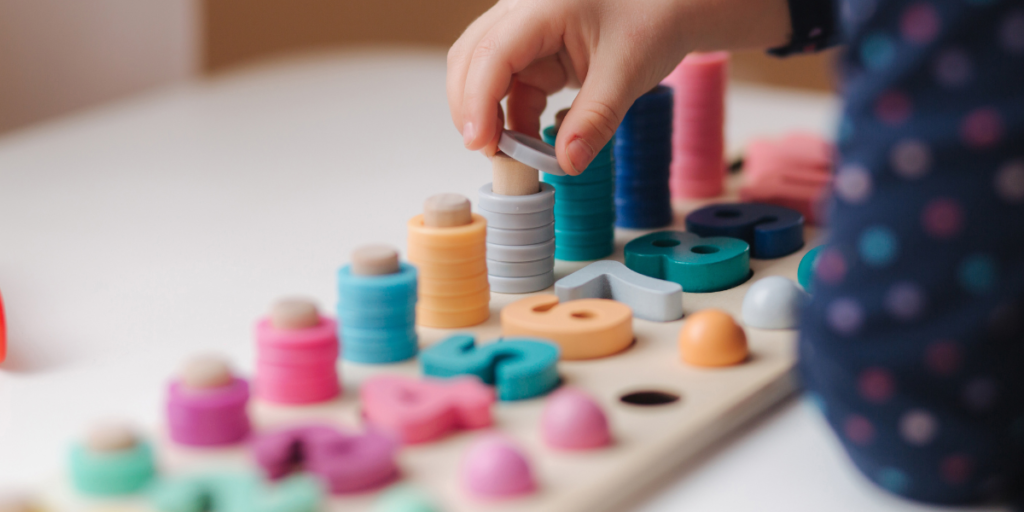
4 Popular DIY Educational Toys
If you’re looking for a creative and budget-friendly way to enhance your child’s playtime, why not try making your own educational toys?
- Hand kites: Hand kites are simple toys that consist of a wooden ring with ribbons or strings attached. Movement then create a visual and tactile effect. Hand kites are an easy and fun way to encourage sensory play and help develop fine motor skills.
- Shape Sorter: A shape sorter is a simple toy that can be made by cutting holes of different shapes into a cardboard box. Children can then sort objects, such as wooden blocks or foam shapes, into the corresponding holes, which helps to develop their spatial awareness and problem-solving skills.
- Busy board: A busy board is a board that is filled with different types of hardware, such as locks, latches, switches, and knobs. Children can use the hardware to manipulate and explore, which helps to develop their fine motor skills and problem-solving skills.
- Sensory bins: Sensory bins are easy to make and can be filled with a variety of materials, such as rice, beans, sand, or water. Children can use scoops, spoons, and other tools to explore and manipulate the materials, which helps to develop their fine motor skills and sensory processing.
The Benefits of Wooden Toys for Preschoolers
Incorporating wooden toys into a preschooler’s toy collection has numerous benefits. Not only do they promote independent and imaginative play, but they also aid in the development of gross motor skills and hand-eye coordination.
Wooden transportation toys, such as toy vehicles, can be used to teach basic STEM concepts, such as cause and effect and motion. Wooden toys are also less distracting, allowing children to supply their own sound effects and voices, further stimulating their imagination. Wooden blocks, another classic baby toy, can be introduced to preschoolers and used to teach basic letters and numbers. Popular toys like Montessori wooden blocks can also teach kids how to stack toys.
Conclusion
In conclusion, investing in the right educational toys for your preschooler is important. When choosing educational toys for preschoolers, it is essential to consider their age, interests, and development needs. Quality should not be compromised when it comes to early childhood education. Educational toys play a vital role in shaping their learning experience. As a parent, investing in the best toys that will challenge your child’s mind and foster their growth will undoubtedly set them up for a successful future.
